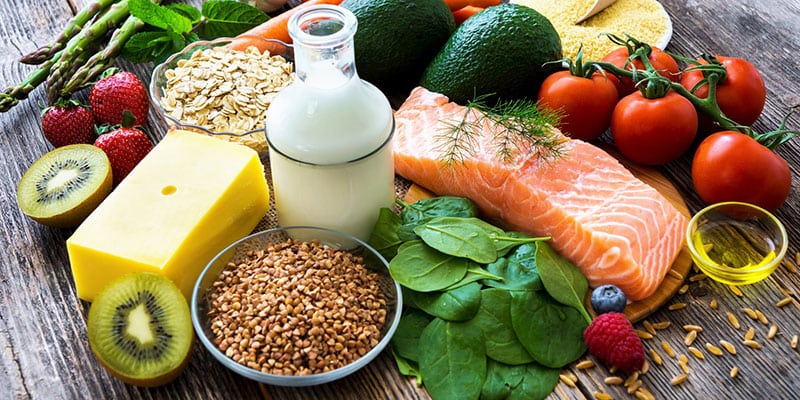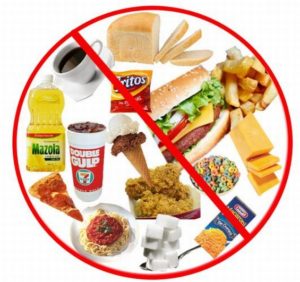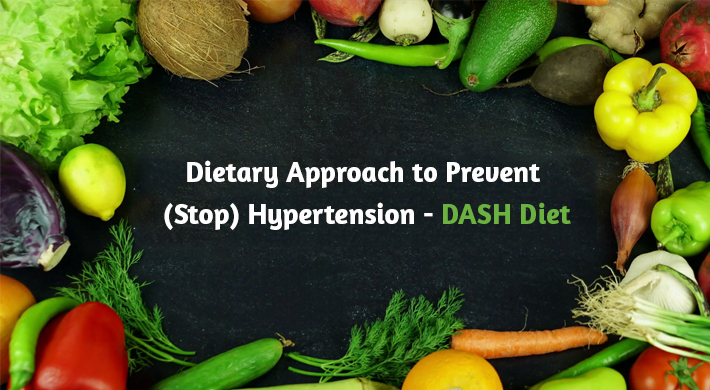Dietary Approach to Prevent (Stop) Hypertension- DASH Diet
Elevated blood pressure arises due to a combination of lifestyle, dietary and hereditary factors and the interaction of these factors. Many studies have shown that certain dietary patters and foods play an important role in the development of hypertension. Changes in diet have been shown to lower blood pressure, prevent the development of hypertension and reduce the risk of related complications. Dietary approaches, such as reducing sodium intake, increasing potassium intake, limiting alcohol consumption and adopting a different dietary pattern such as a DASH diet or a Mediterranean diet, are helpful in the prevention of hypertension. Healthier food choices and lifestyle patterns are a must to reduce the burden of hypertension and its related complications.
What is a DASH Diet?
DASH is an acronym for Dietary Approaches to stop Hypertension. It is a combination diet and has been shown to reduce blood pressure and thus help prevent hypertension. The DASH diet is rich in fruits, vegetables and low-fat dairy foods and low in total and saturated fats, sugar and salt. It is also low in cholesterol, high in fibre, potassium, calcium and magnesium and has moderately high amounts of proteins.
The DASH diet has been reported to be as effective as many medicines in lowering blood pressure. DASH diet plan is also helpful in weight reduction and maintenance a healthier body.
Dietary Guidelines of the DASH Diet plan:
Sodium:
Initially the sodium or salt intake has to be restricted to 1 teaspoon in a day and further it should be decreased to ¾ of a spoon. This is required as we are these days taking many processed foods which also add to our total consumption of sodium daily. Also, eating out of house is become a very common feature of our lifestyle pattern and adds to the total daily sodium intake.

Foods to be included:
- Include vegetables as salads without dressings, boiled/ baked vegetables or vegetables cooked in very little oil, with meals- about 4-5 servings of vegetables in a day can be included. Vegetables such as spinach, fenugreek, mustard greens, carrots, cauliflower, tomatoes, sweet potatoes, etc. can be included. They are high in fibre, vitamins and minerals. One serving of vegetables means 1 cup raw or ½ cup cooked vegetables.
- Snack on fresh fruits, raw unsalted nuts, boiled vegetables or boiled/ sprouted beans, Roasted snacks. 4-5 servings of fresh fruits to be included per day. One serving of fruit is equal to 1 medium fresh fruit. It is better to eat fresh fruits for maximum benefit rather than frozen or canned fruits or even juices.
- Raw unsalted nuts and oil seeds such as almonds, peanuts, sunflower seeds, pumpkin seeds, etc. can be included as snacks. About 4-5 serving per week are sufficient to provide the benefits that they offer. These are rich in many disease fighting phytochemicals and fibre.
- Choose unsweetened low fat dairy products such as Greek yogurt or curd made of low-fat milk and cottage cheese. These are major sources of calcium, vitamin D and protein. Including 2- 3 servings of low fat or fat free dairy per day is good enough to provide the benefits. One serving would mean 1 cup low fat or skimmed milk or yogurt or about a slice (40 gm) of cottage cheese made from skimmed milk.
- Incorporate whole grain foods in the diet such as whole wheat or multigrain breads and chapatis- about 6 to 8 servings per day is suuficient. One serving is equal to 1 slice of whole wheat bread, 1 medium chapati or ½ cup of brown rice or whole wheat pasta. Whole grains are rich in fibre and naturally low in fat.
- Go for lean meats, Legumes and lentils over red meat. These are rich in proteins, vitamin B, iron and zinc. About 2-3 servings per day are more than sufficient. Cutting back on meat will allow one to include more vegetables in the meals. One serving equals to ½ a cup of boiled/cooked lean meat or legumes. Choose from a variety of heart healthy fish such as salmon and tuna which are also rich in omega-3 fatty acids. Red beans, kidney beans, black gram whole, peas etc are full of fibre and phytochemicals and are also good sources of magnesium, potassium and protein.
- Not more than 2-3 servings of oils and fats per day are recommended. One must avoid saturated and trans fatty acids such as are found in red meats, processed cheese, butter, cream, crackers, chips, cookies, fried and baked foods. Fats are essential for the absorption of fat-soluble vitamins and about 30% of the total daily calories should come from fats. Use any refined vegetable oil and keep changing oils or use one or two types of oil for daily consumption. For example, one can use sunflower oil and mustard oil simultaneously in daily cooking. One serving of oil means about 10 gm or 2 tea spoon oil
- Just go easy on sweets, take them once in a while, however avoid fried sweets. Cut back on added sugar, sweetened juices and sodas.
 Foods to be avoided:
Foods to be avoided:
- Candies, cookies, chips, pastries,
- Sweetened beverages, sodas, alcohol and caffeine
- Salted nuts, salted fried savouries, Fried snacks
- Salad dressings, mayonnaise
- Fast foods such as pizzas, pasta, burgers and fries
- Pre-packaged foods such as breakfast cereals (Read labels carefully)
- Processed cheese and butter
- Red meats and processed tinned meats
- Sauces, pickles, packaged soups
- Breads and rolls especially made of white flour
For best results change the diet slowly, cut down of salt and sugar gradually and add more fruits, vegetables, low fat dairy and whole grains progressively. Add physical activity to enhance efforts of lowering blood pressure. Stress management techniques such as meditation and proper sleep in combination to DASH Diet and physical activity have been proven to lower blood pressure, increase peace of mind and improve stress resistance.

